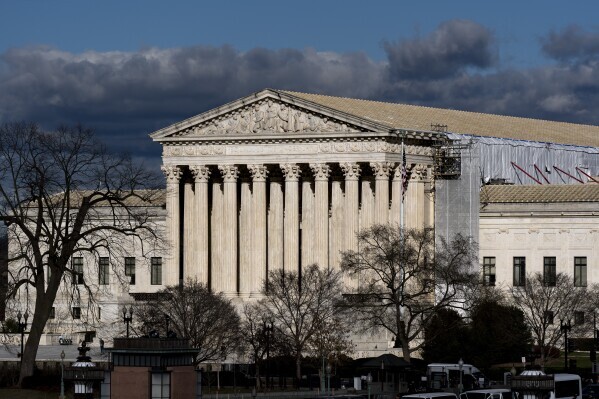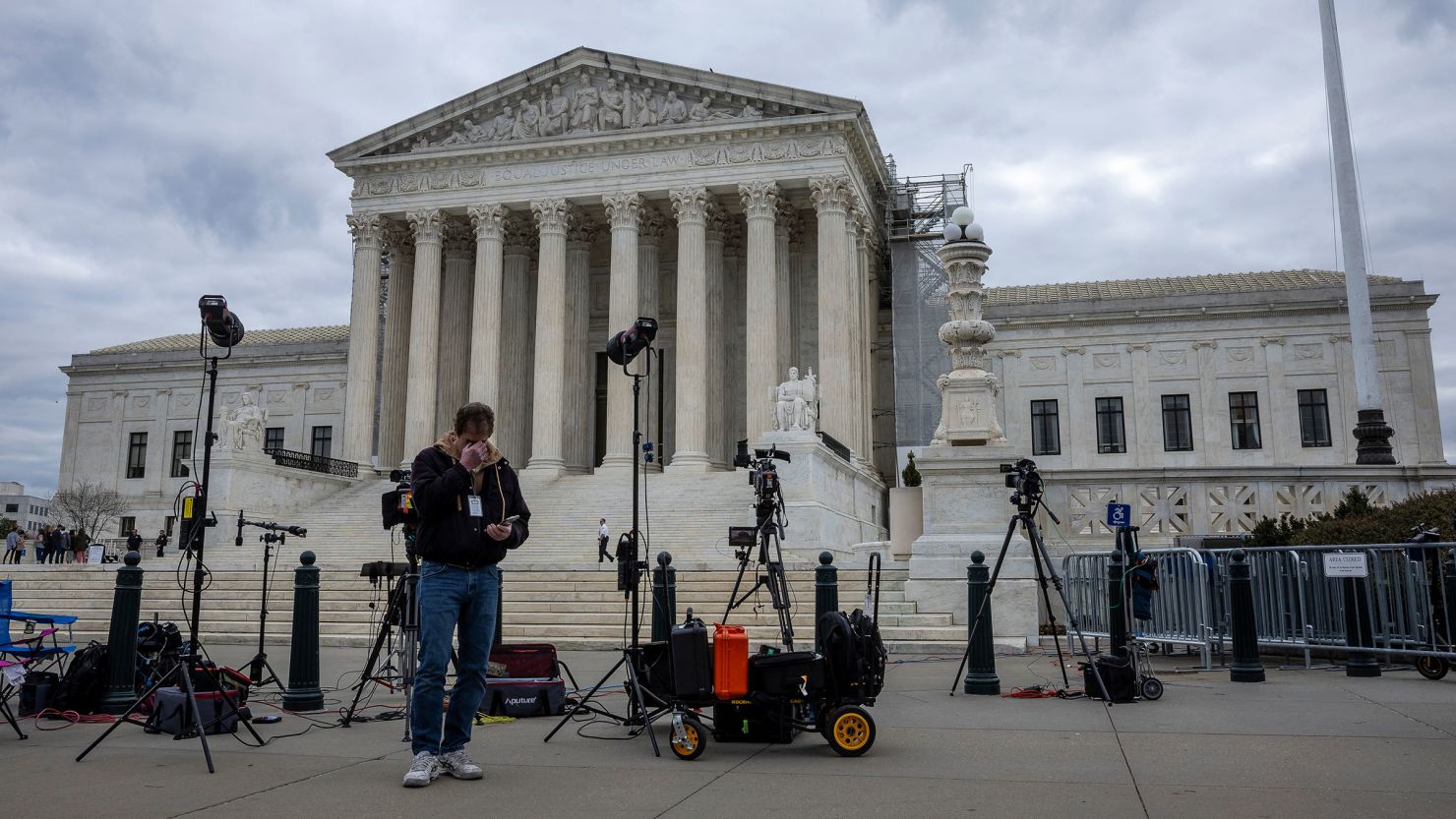Today, the Supreme Court issued unanimous rulings addressing the contentious issue of public officials blocking individuals on social media platforms. NPR’s legal affairs correspondent, Nina Totenberg, reports on the decisions and their implications.
In Michigan and California, citizens took legal action against public officials who had prevented them from accessing their social media pages. Notably, in Poway, California, two local school board members blocked critical parents from their social media accounts, sparking outrage.
Similarly, in Port Huron, Michigan, a citizen filed a lawsuit against city manager James Freed after being blocked from accessing his Facebook page. The lawsuit revolved around disagreements regarding COVID-19 policies and other matters.
Kevin Linke, the plaintiff in the Port Huron case, argued that Freed’s actions violated his right to free speech. He claimed that Freed used his page to disseminate official information, thereby making it a public forum. However, Freed countered that his social media page primarily featured personal content, such as family photos and food-related posts.

SCOTUS: Public Officials Can Block on Social Media (Credits: AP News)
The Supreme Court did not resolve the dispute between Linke and Freed but provided guidelines for lower courts to assess similar cases. Writing for the court, Justice Amy Coney Barrett stated that posts explicitly invoking state authority constitute official communications open to public comment.
Conversely, posts sharing personal content are more likely to be considered private, allowing the owner to block unwelcome comments. Nevertheless, Barrett emphasized that the content of the posts is crucial in determining their classification.
Amanda Karras, executive director of the International Municipal Lawyers Association, believes that the Supreme Court’s rulings offer clarity on the matter. She highlights the importance of disclaimers in distinguishing personal accounts from official ones.
However, Katie Fallow of the Knight First Amendment Institute at Columbia University remains skeptical about the effectiveness of the new guidelines. She advises public officials to maintain separate accounts for personal and official use.
The rulings draw parallels to previous cases involving former President Donald Trump, who faced legal challenges for blocking critics on his personal Twitter account. However, Freed argues that his situation differs as he never granted city staff access to his account, unlike Trump with his White House staff.
With the Supreme Court’s guidance, cases like Freed’s and the Poway school board members will return to lower courts for further evaluation. Judges will now apply the newly established guidelines in resolving similar disputes.
























